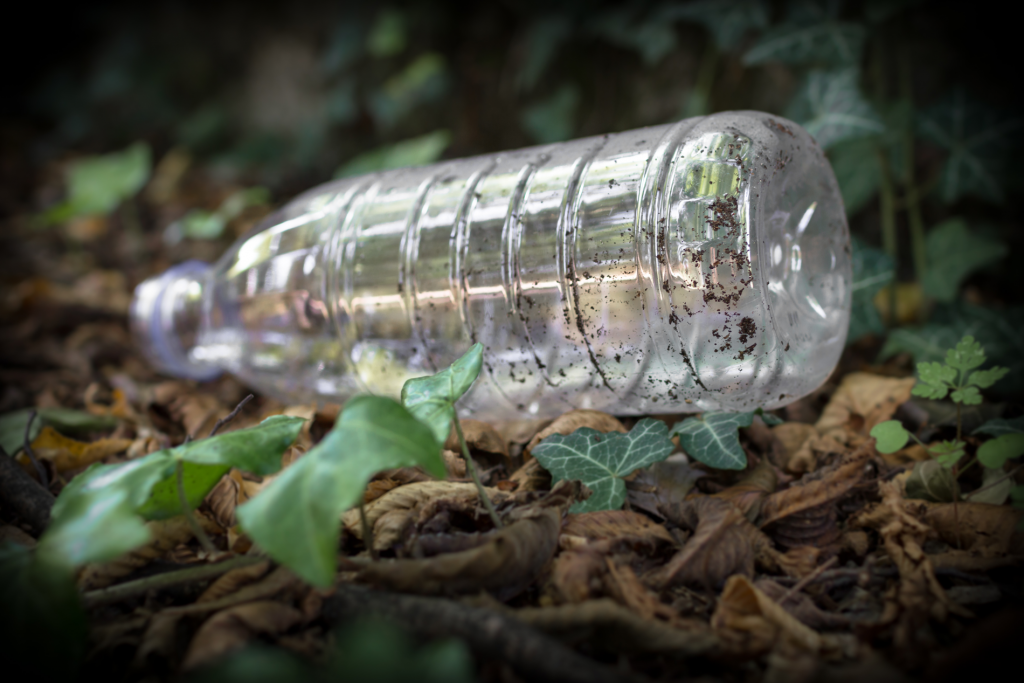Somewhere in New York, there’s a gorgeous young woman who’s been living rubbish-free for almost six years. The waste she’s accumulated between 2012 and today all fit in one tiny 16oz. Mason jar. Her name is Lauren Singer.
Inspired by fellow sustainability advocate Bea Johnson, Lauren has become the face of Zero Waste in America. She is the founder of Trash is for Tossers, her attempt at documenting her Zero Waste lifestyle, as well as The Simply Co., a company that produces vegan and environmentally friendly laundry detergent. She was a speaker at a TEDxTeen convention in 2015 and in 2017, she and Daniel Silverstein put up the Package Free Shop in Brooklyn to promote Zero Waste shopping.
The Start of It All
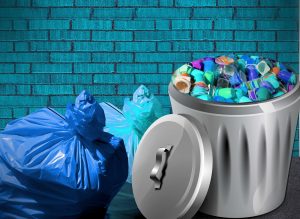 Just like all of us, Lauren used to live surrounded by plastic. Although she was an Environmental Studies major with an extreme interest in environmental preservation, she never decided to go Zero Waste until one fateful day in 2012.
Just like all of us, Lauren used to live surrounded by plastic. Although she was an Environmental Studies major with an extreme interest in environmental preservation, she never decided to go Zero Waste until one fateful day in 2012.
She noticed that a classmate in college would come to class every week bringing lunch in a plastic takeout container with a disposable water bottle while lugging them around in a single-use plastic bag. Lauren would sit there, baffled by the hypocrisy of studying about the environment yet doing absolutely nothing to make it better.
Lauren realised that before she could claim that she loved the environment, she needed to live like she did. And that’s when she began her Zero Waste journey.
Begin by Establishing Your ‘Why’
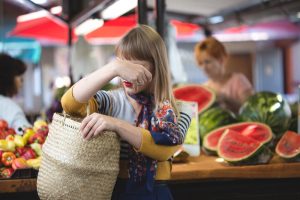 Most people who switch to the Zero Waste lifestyle have a good reason for doing so. This ‘why’ is what you will use as an inner motive to keep you from breaking your streak every day.
Most people who switch to the Zero Waste lifestyle have a good reason for doing so. This ‘why’ is what you will use as an inner motive to keep you from breaking your streak every day.
For Lauren, it’s all about her passion for saving the planet. For others, it may be their experience with a horrible allergy from a beauty product, an intense desire to save money on coffee or frustrations over politicians who don’t believe in climate change.
Whatever your ‘why’ is, use it as your phone wallpaper or keep a mental note. Going Zero Waste is difficult as it is – you’ll need all the pushing you can get to keep going.
Dig through Your Own Waste and Prioritise
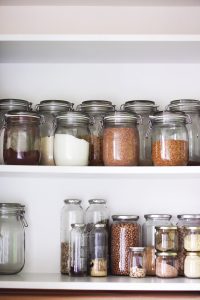 One tip that Lauren always gives people who want to try Zero Waste is for them to assess their waste at home. This way, you can find out which items to prioritise during your major switcheroo from single-use to reusable.
One tip that Lauren always gives people who want to try Zero Waste is for them to assess their waste at home. This way, you can find out which items to prioritise during your major switcheroo from single-use to reusable.
Open your rubbish bin and find out which kinds of non-biodegradable trash you make the most. Then, replace those items first with more sustainable options.
If you notice you’re throwing many plastic takeout coffee cups on weekdays, put your coffee mugs on your counter so you don’t forget to use them. Invest in a vacuum insulated beverage container so you can bring your coffee with you before you leave for work. If you see bottle after bottle of shampoo, hand soap and lotion, do your research on eco beauty products, such as shampoo bars and coconut oil.
The small act of looking through your trash gives you the big picture of all the waste you’re producing. Once you break it down and focus on one area at a time, Zero Waste becomes very doable.
Only Replace Items as They Run Out
You don’t need to turn your entire house upside down and throw out all your existing items to give way for more sustainable ones. It doesn’t work that way. One, that method is costly and two, you’re going to make more waste than necessary.
Lauren recommends taking it slow when switching to a Zero Waste lifestyle. For example: if you just bought a pack of razor refills over the weekend, use them up. There’s no sense in throwing away unused items. But, once you’ve worn them all out, then you can purchase a safety razor, a more sustainable alternative for shaving.
Do Your Research on Recycling, Donating and Upcycling
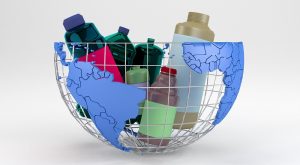 The Internet is a Mecca for all the information you need on Zero Waste. There are nearly 40,000,000 search results for ‘how to recycle a plastic bottle’ – there are definitely articles that cover other items in your home that no longer fulfil their purpose.
The Internet is a Mecca for all the information you need on Zero Waste. There are nearly 40,000,000 search results for ‘how to recycle a plastic bottle’ – there are definitely articles that cover other items in your home that no longer fulfil their purpose.
Lauren is a big fan of donating secondhand things and buying secondhand things. If you have clothes that no longer fit but are still in excellent condition, approach your nearest local thrift store for donations. Thrift stores are also known as treasure chests of chic and cheap finds that you can adopt for your own wardrobe, so dig in!
Upcycling, also called ‘creative reuse’, is the process of transforming your waste materials into new ones of better quality or value. Some people, for example, have turned broken lightbulbs into shotglasses and damaged organs into bookshelves. The goal is to find turn something useless into something useful in the most artistic manner possible.
Learn How to Compost
Composting is one of the most important steps towards a rubbish-free lifestyle. It is the practice of collecting biodegradable scraps and letting them decompose naturally, giving you nutrient-dense soil.
Many things can go into your compost bin: rotten food, tissue papers, cooking grease, compostable food containers, cotton balls and clothing made from natural materials. As long as they are free of plastic or toxic chemicals, they’re suitable for composting.
Practising sustainability at home won’t happen overnight – it’s an ongoing process.If you’re feeling a bit lonely in the transition, join a community of Zero Wasters.Just remember to move at your own pace and avoid comparing yourself to others. For some, it might take a month while for others, a year or more. After all, everyone’s Zero Waste journey is different.
